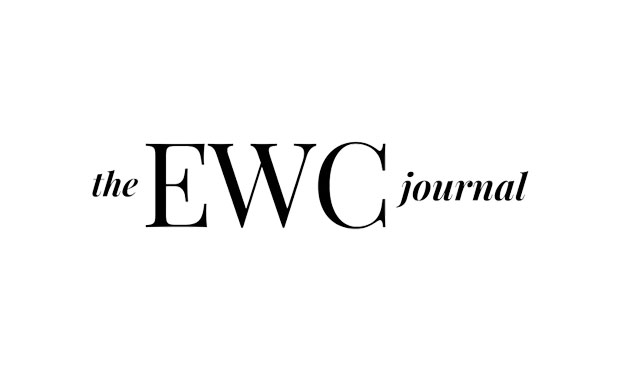Leyuan Zhou
This past Monday, Dr. Anthony S. Fauci, the top infectious disease expert, returned to the White House amid a spike of Covid-19 cases in the Southwest. Just a day before, the press office released an anonymously attributed list documenting his mistakes in handling the pandemic.
Fauci’s return signifies the first time in more than five weeks that he had direct contact with the president. Shortly after arriving at the White House again, Dr. Fauci met with Mark Meadows, the White House chief of staff, in the West Wing to have what officials called “a good conversation” that prolonged their “positive relationship.”
Dr. Fauci rose into international prominence during the beginning of the pandemic as the scientific leader behind the federal government’s response to Covid-19. However, his “pessimistic” views about the grim trajectory of the coronavirus soon diverged from those of Mr. Trump and his officials when issues regarding reopening the country came into consideration. Mr. Trump was eager to revive his economy under any circumstance, while Dr. Fauci seemed more reluctant to resume life as it had once been.
When asked to comment on the tumultuous relationship between him and Dr. Fauci, Mr. Trump, who refers to him as “Anthony” instead of the preferred “Tony,”, said that “I don’t always agree with him, but he is a very nice person and I like him personally”.
Unsurprisingly, Dr. Fauci’s fame has also gained him a fair amount of criticism from the White House. Attempting to navigate through Mr. Trump’s capricious moods and contempt for science, Dr. Fauci has received the condemnation of various news outlets.
Several of those complaints were centered around the “premature or contradictory recommendations that Dr. Fauci has made over the past several months as the virus bore down on the United States.”
During task force briefings in the White House, Dr. Fauci warned the public about the menacing virus and urged people to take the appropriate precautions in order to protect themselves from it.
By early April, Dr. Fauci was given personal protection by the National Institutes of Health (N.I.H.) because of the increasing amount of personal threats targeted at him, including those of a right-wing Twitter movement with the hashtag #FireFauci.
Although Mr. Trump could officially remove Dr. Fauci from the coronavirus task force by finding evidence of wrongdoing or by using certain methods to force resignation, it would essentially prove futile: the Trump administration is already progressively handing the responsibility of containing the virus to governors.
The rift between politics and health has certainly been a big one for Dr. Fauci. However, his experience advising six Presidents and handling the HIV/AIDS crisis among various other global health issues has allowed him to bridge the gap during these unprecedented times.
Article Source: https://www.nytimes.com/2020/07/13/us/politics/fauci-trump-coronavirus.html?action=click&module=Top%20Stories&pgtype=Homepage











